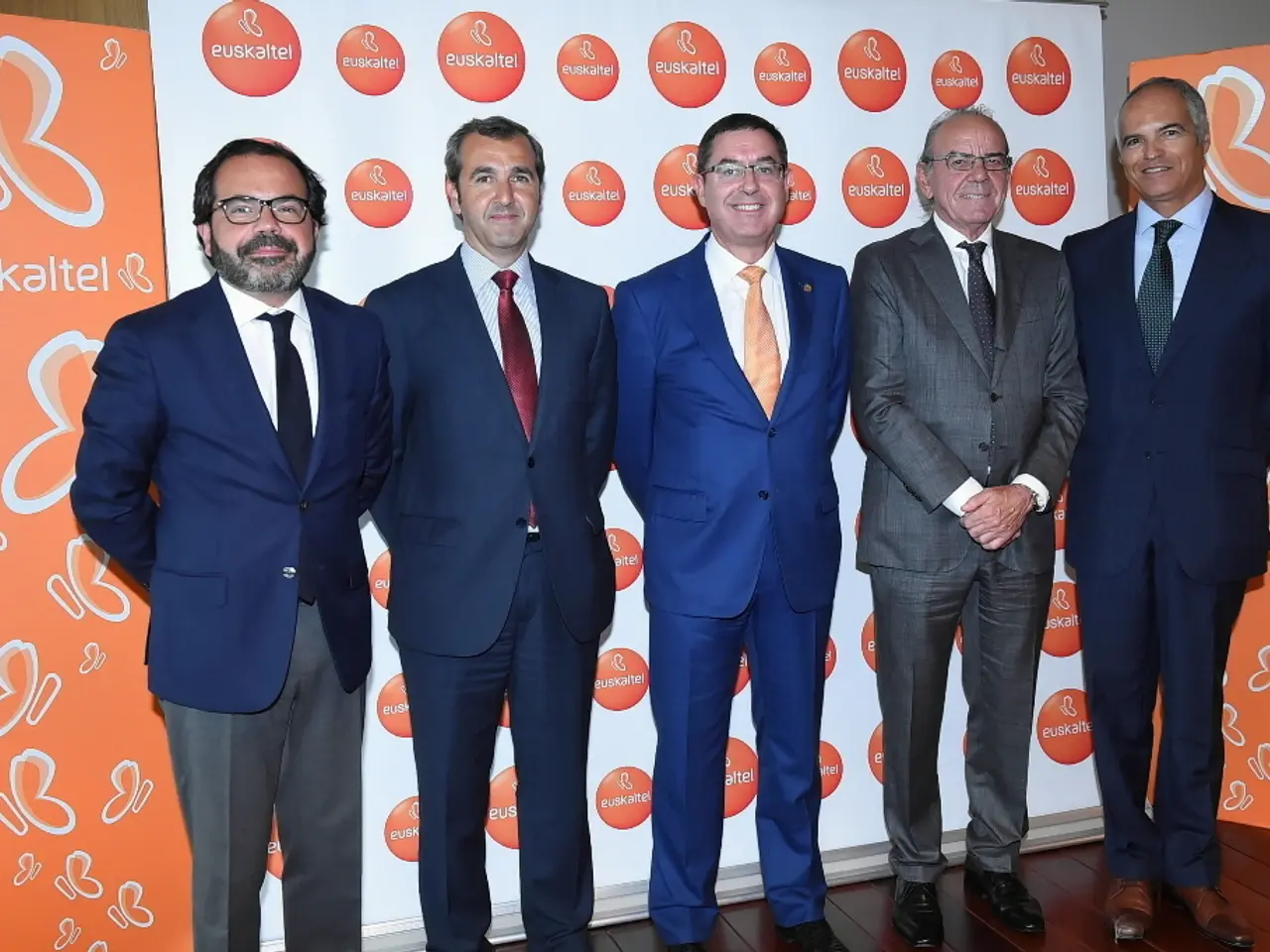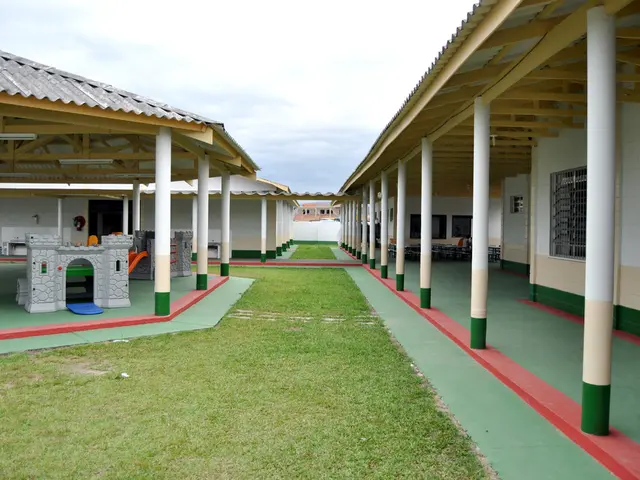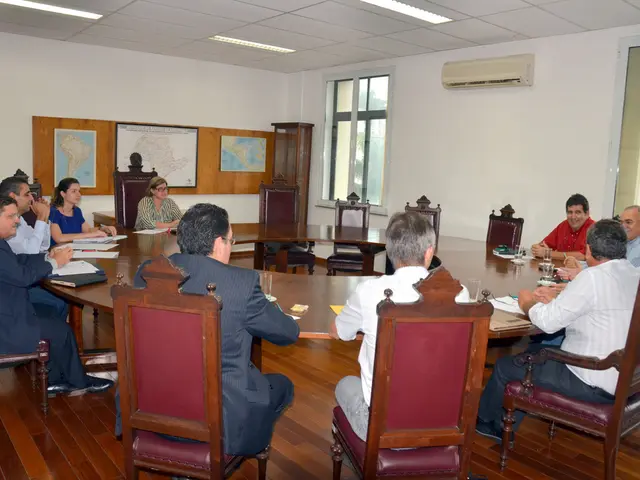Global Genes & RDDC Join Forces to Bridge Rare Disease Care Gap for Communities of Color
Global Genes and the Rare Disease Diversity Coalition (RDDC) have joined forces to tackle health disparities faced by rare disease patients and communities of color. The partnership, announced recently, aims to 'level the playing field' in rare disease care and advocacy.
The collaboration will focus on three key projects. Firstly, the RARE Health Equity Summit, set for Philadelphia from Nov. 17-19, will delve into challenges in diagnosis and research, with a focus on reducing racial disparities. This initiative comes in response to the underrepresentation of patients of color in diagnostic efforts, genome-wide association studies, and clinical trials, leading to a lack of insight on effective treatments for these minority groups.
The second project, the RARE Data & Evidence Inclusiveness Initiative, will gather crucial data on the experiences of rare disease patients of color. This project seeks to identify areas where communities of color are left out, aiming to inform evidence-based solutions. The Black Women's Health Imperative (BWHI), which launched the RDDC, advocates for such solutions to bridge racial and ethnic disparities in rare disease communities. Linda Blount, a prominent figure in the BWHI, is also involved in advancing diversity and inclusion in rare disease advocacy and initiatives as part of this partnership.
The third project, the Know Your Family History Initiative, aims to raise awareness about the importance of family medical history among minority patients. This project seeks to support access to research and care for underrepresented communities.
With more than 400 million people worldwide affected by rare diseases, the partnership between Global Genes and the RDDC is a significant step towards promoting health equity for all. By addressing systemic barriers and gathering inclusive data, the collaboration seeks to ensure that no community is left behind in the quest for effective treatments and care.








